Why the world must demand a decentralized internet


Development of various packet switching networks like ARPANET laid the foundations of the modern internet, for example by adopting the Internet Protocol Suite, which we know today as TCP/IP.
The internet was built and financed primarily by the ever-growing military budgets of the United States and the Western Bloc. With the apocalyptic prospects of a possible nuclear war in mind, the creators of the internet focused on building an infrastructure that would be resilient to such attacks.
Without a central point of failure, the internet cannot easily be taken out by a nuclear strike or sabotage. There is no backbone, and as long as some connection still exists between two servers, the system will find a way to route it. As such, the internet is remarkably resilient to outages and misconfigurations.
If an outage occurs even on a heavily used switch, data is simply routed around it. At its worst, you will only notice because your connection becomes slower due to congestion on the new route, or because the new route is longer.
Luckily the internet’s decentralized nature has never needed to be tested during a global, or even nuclear war. The internet was able to evolve for civilian use and today connects about 3.5 billion people with each other, almost half of the world’s population.
The physical network causes centralization
While the internet at its core protocol level, the Internet Layer, and the Transport Layer, allows for perfect decentralization, in theory, the physical infrastructure often does not.
Many jurisdictions heavily regulate Internet Service Providers and take physical control, sometimes by use of the military, over the fiber cables that connect us. As a result, local access to the internet can be prohibitively expensive and controlled by just a few operators.
On the upside, mobile phone carriers can compete in speed with cables in many places, and have introduced much-needed competition--but only where the state allows it.
Censorship is possible where physical infrastructure is in the hand of a single actor, such as a state where legal protection of civil liberties is weak. All traffic passing through a single party’s tubes can easily be modified, and the threat of violence can be used to order Internet Service Providers to block certain users or domains, or take down content and restrict access.
Such can also happen in a state which rules with law, for example by abusing libel laws or copyright protection.
Application leads to centralization
Centralization also happens by application. Some services are difficult to run and require a lot of maintenance, and only a few providers offer them. Running an email server, for example, is hard if you are just a medium sized company.
Even large corporations often outsource emails to Microsoft or Google, and getting emails delivered reliably almost requires you to have an account with one of only a handful of services.
Other business models, such as internet payments or social networks, come with strong network effects that concentrate users among a single player. It’s difficult for a new company to challenge the market dominance of Facebook or Paypal, even if their service is better.
Few people want to switch to a network with fewer users to interact with.
Why we must decentralize the internet
We must not allow anybody to take control of the internet, no matter how well their intentions seem. No one party should have control over how we communicate, what we learn, how we perceive the world, and decide on elections and markets.
Similarly, we should take today’s online corporations and turn their business models from centralized platforms into decentralized networks.
If the internet were a single company, it would not be the equalizing and powerful tool that it is today. To prevent actors from taking over, no matter at which level, we need to decentralize and expand the internet.
Featured image: naddi / Deposit Photos
Take the first step to protect yourself online. Try ExpressVPN risk-free.
Get ExpressVPN
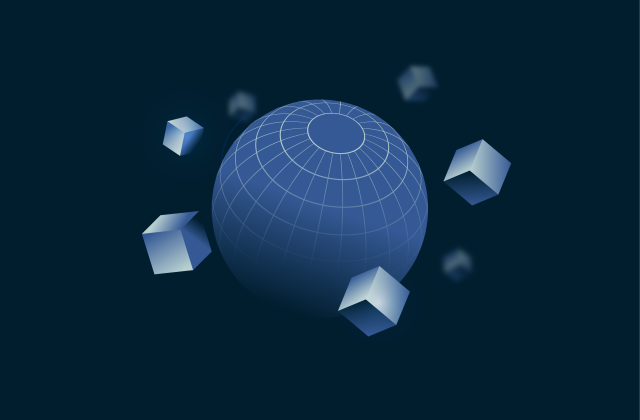
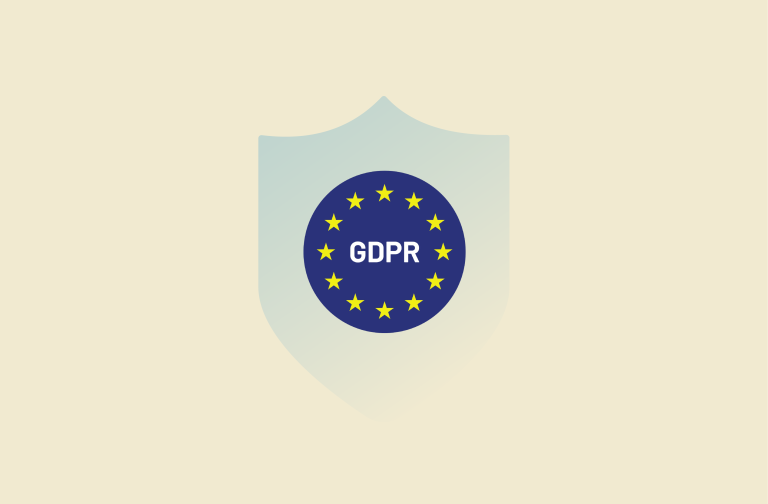
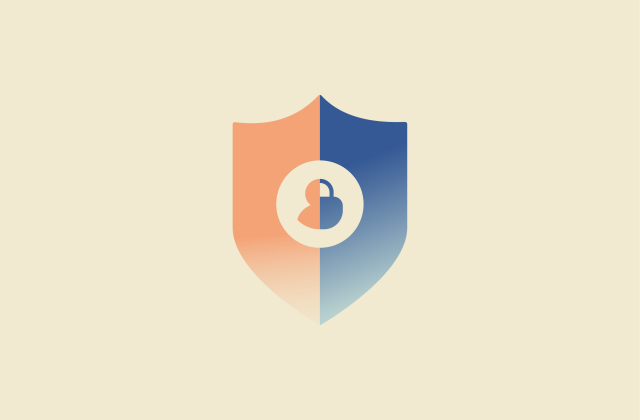
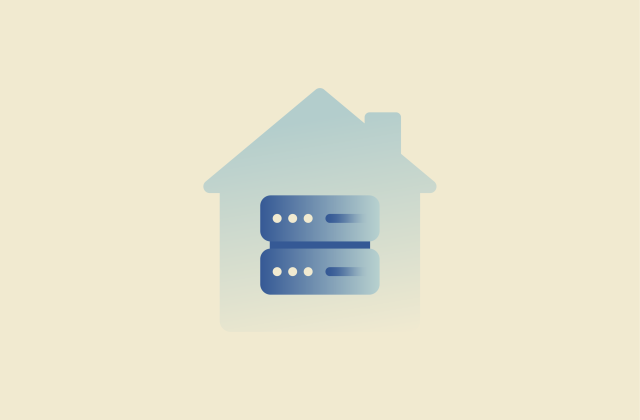

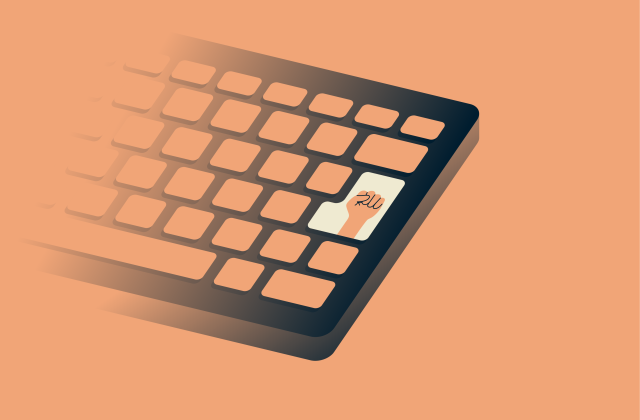
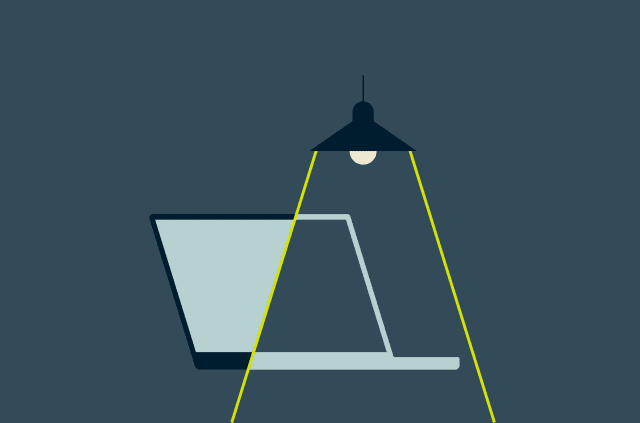
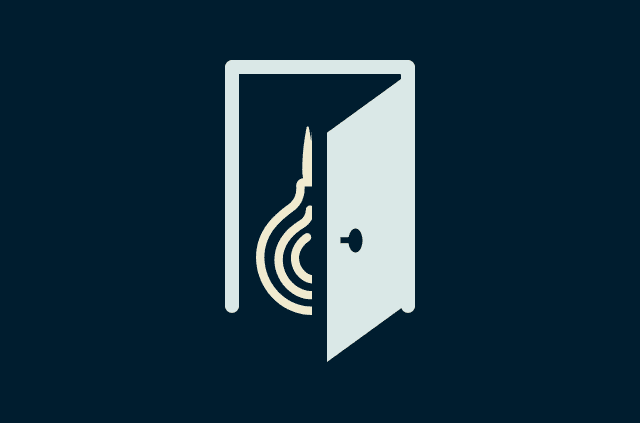
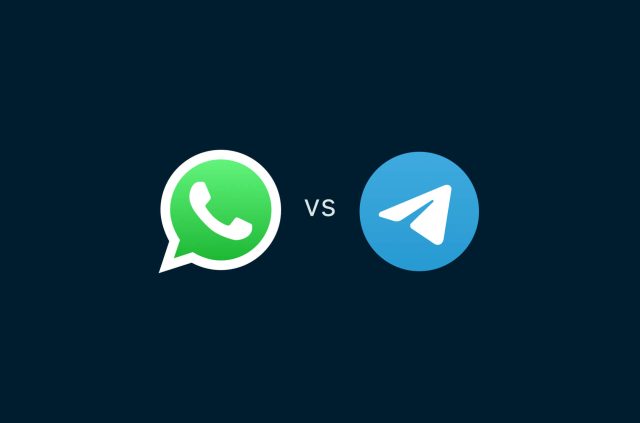

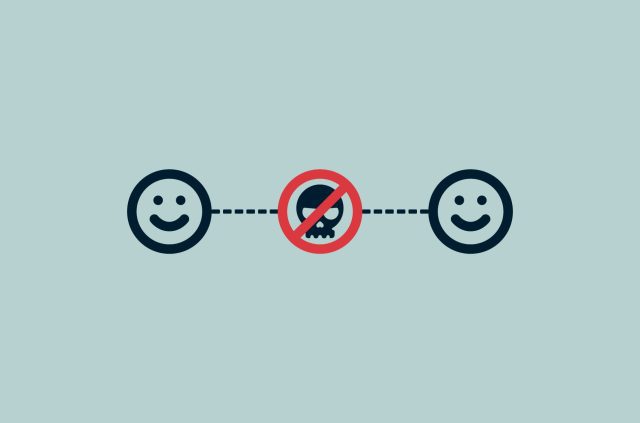
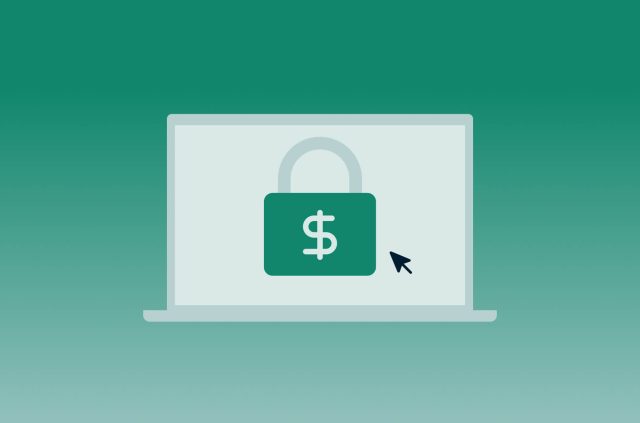
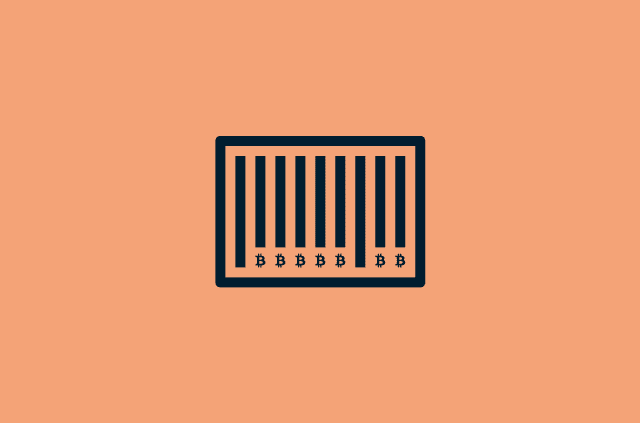
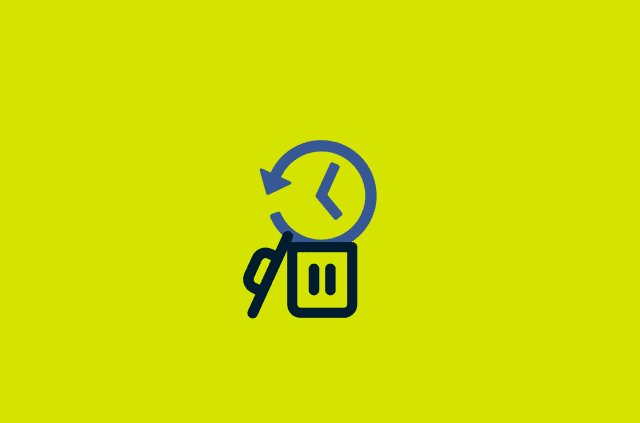




Comments
Hello! Just a question. What would be a good example of centralization affecting user's experience or a user's freedom? Both negative and positive if possible :)
In a more centralized Internet we could route some data through fast channels, such as video chats or online games, and other data through slow channels, such as large downloads or data syncs. The infrastructure would be used much more efficiently! But on the down side, large companies will abuse these policies to make sure small competitors only get slow routes, and won't be able to provide good services. The internet is now "centralized", meaning in the control of only a few companies. Over time this will lead to inferior products, slow speeds and a horrible user experience. See any other "centralized" industry for reference! Lexie
Take a look atSubstratum. It is a decentralized internet.
Sorry, but this article is useless. It's not even useful as a link to Help People Understand How A "Decentralized Internet" Works! This is like whining that we need to DeGovernmentize the Government! I was expecting VPN to produce an article rich on Real facts & an EXAMPLE or 2 of what is Technically possible that would apply. Such as how a DECENTRALIZED INTERNET would assign IP addresses, Register URL domain names, prevent dictatorial control, get dictatorial governments to even connect to it, administer the DNS lookups from "decentralized" servers, on and on. I don't know why VPN doesn't use actual technically knowledgeable writers in this forum!